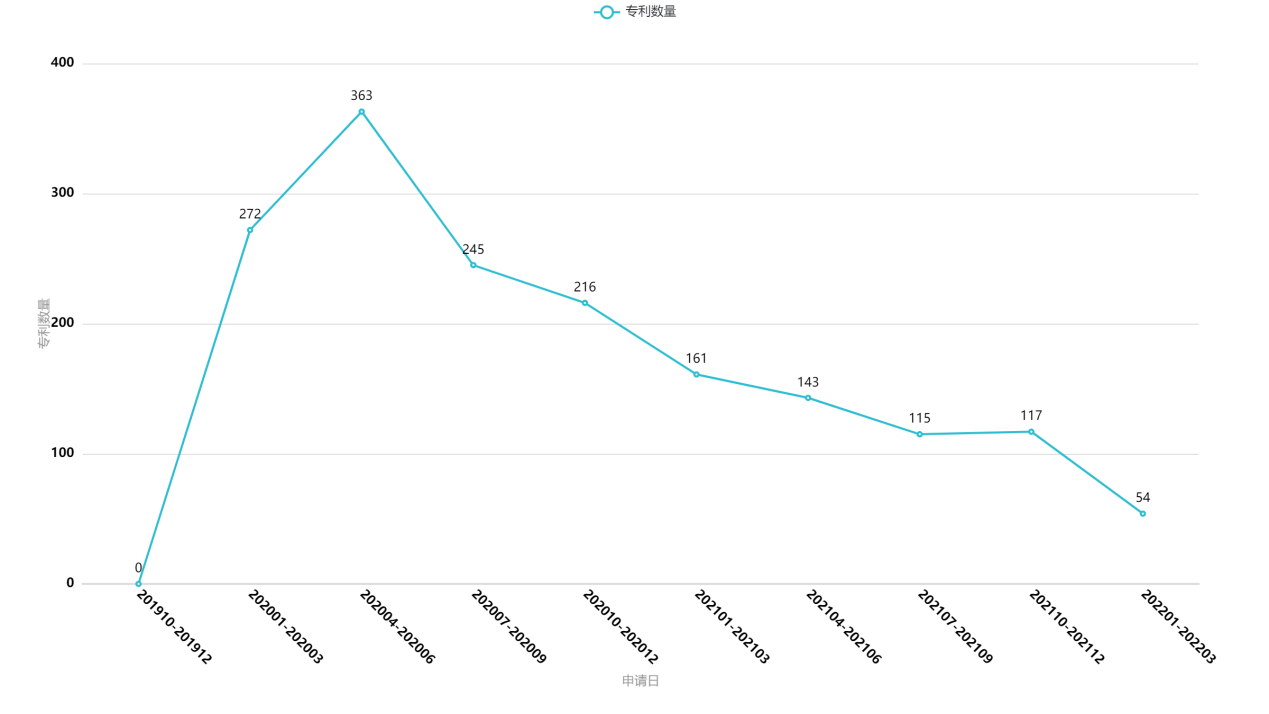What is Protection from Abuse Order in Divorces
A Protection from Abuse Order is a type of restraining order that is court-ordered and meant to protect domestic violence victims to the fullest extent of the law either in a Madison County divorce or any other domestic situation. Domestic violence is any violent or criminal act, or the attempt of those acts, done to a current or former spouse, intimate partner in a relationship, or individual that resides in the same household. Domestic abuse can be physical, emotional, or economical. For example, domestic violence can include acts like assault, rape/sexual abuse, child abuse, harassment, stalking, reckless endangerment, unlawful imprisonment, and any other crime against their victim.
In order to get a Protection from Abuse Order, the domestic violence victim must petition the Circuit Court. A Petition for a Protection from Abuse Order may be filed any time protection is needed, which includes during an ongoing divorce. After petitioning the Circuit Court, a hearing will occur within 10 days of the alleged abuser being served notice or at the alleged abuser’s request. At this hearing, the victim must prove to the Circuit Court by a preponderance of the evidence that the domestic abuse act occurred or that there is reason to believe it will occur in the immediate future. The preponderance of the evidence is a burden of proof standard, and it requires the victim to prove that there is a greater than 50% chance that their allegation is true. This means the evidence is more convincing than not.
Protection from Abuse Orders can be ordered in two different ways: temporarily (ex parte) in emergency situations or permanently. In emergency situations, temporary Protection from Abuse Orders allow victims to obtain protection without having to wait for a full court hearing if the Circuit Court believes it is necessary in order to protect the victim and children from abuse or immediate danger. The abuser does not have to be present in order for the victim to receive a temporary order.
Emergency orders protect the victim from the time it is granted until the required hearing takes place, so they generally expire after 14 days. These orders may include protection from abuse, harassing communications, threats, and physical or violent contact. They can also prevent the abuser from living with their victim, interfering with child custody, and destroying the victim’s property. Temporary orders usually grant the victim temporary custody of their children and temporary possession of personal property that may be jointly owned or owned solely by the abuser like an automobile.
Protection from Abuse Orders can also be ordered as final, which could mean permanently. In Alabama, final Protection from Abuse Orders generally expire after one year unless otherwise ordered or amended. These orders are often issued at the required hearing because the abuser has a right to appear before the Circuit Court. If the victim is not present at the hearing, then the victim risks the temporary order expiring. If the temporary order expires, the victim might have to start from the very beginning by petitioning the Circuit Court again.
However, the judge may decide to go ahead and grant a final Protection from Abuse Order, or the judge may schedule a new hearing. If a new hearing is scheduled, then the victim would need to request that the judge extend the temporary order. Permanent orders tend to include the protections offered in temporary orders as well as relief through attorney’s fees, court costs, and reasonable support for the victim and their children. Protection from Abuse Orders can be amended by the Circuit Court at any time by petition on behalf of either the abuser or the victim. A local family law and divorce attorney in Alabaster or anywhere else in Alabama can help you get one in place.
Attorney Steven A. Harris regularly blogs in the areas of family law, bankruptcy, and real estate closings on this website. He is always available in any of the firm’s offices or by phone anytime for a consultation. Mr. Harris tries to provide informative information to the public in easily digestible formats. Hopefully you enjoyed this article and feel free to supply any feedback. We appreciate our readers and love to hear from you!
Sharing is caring:







